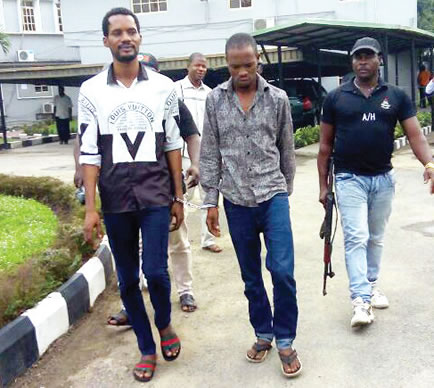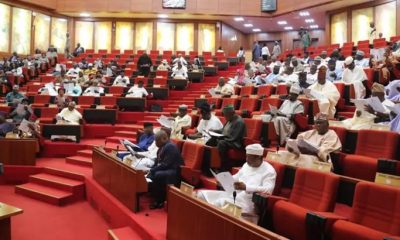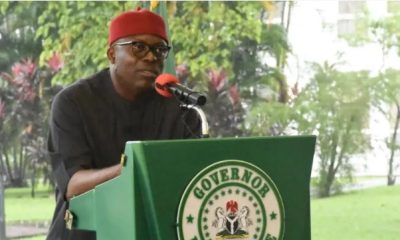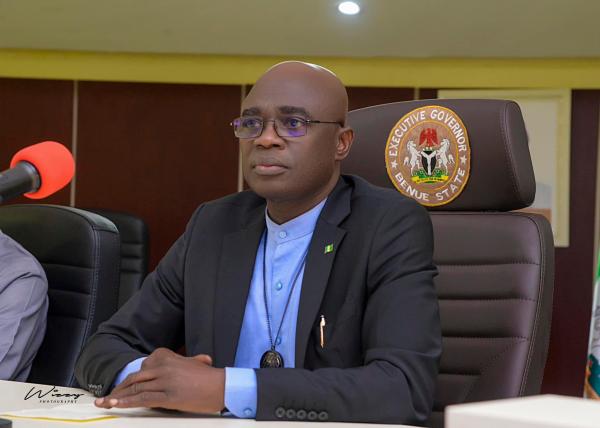National
How I met ex-Governor Fayose, Mompha in prison—Egbegbe

National
Survey shows 71% of households affected by food price hike
National
Reps reject bill seeking six-year single tenure for president, governors
National
NAFDAC alerts Nigerians on fake products
National
ICPC tracks N610 billion projects in 22 states
National
FG awards contracts for Calabar, Ebonyi, Benue, Kogi, Nasarawa, Abuja highways
National
Alia approves ₦75,000 minimum wage for Benue workers
-

 News15 hours ago
News15 hours agoEfe Ajagba Poised to Challenge Daniel Dubois for IBF Heavyweight Title
-

 Sports23 hours ago
Sports23 hours agoAMGA 2024: Tinubu charges military to address insecurity in Africa
-

 Education21 hours ago
Education21 hours agoWAEC bans 13 schools in Kogi for examination malpractices
-

 News20 hours ago
News20 hours agoEkpa, four others arrested in Finland for terrorism
-

 Metro21 hours ago
Metro21 hours agoJigawa tanker explosion claims 209 lives, injured 99 – Report
-

 News12 hours ago
News12 hours agoSimon Ekpa to be extradited to Nigeria – Defence
-

 News14 hours ago
News14 hours agoHP Wolf Security Launches Advanced Physical Cyberattack Protection for Business Introducing HP Enterprise Security
-

 National18 hours ago
National18 hours agoReps reject bill seeking six-year single tenure for president, governors
-

 News15 hours ago
News15 hours agoFederal High Court Adjourns Labour Party’s Suit on Rivers Lawmakers’ Defection to January 2025
-

 Entertainment11 hours ago
Entertainment11 hours agoDavido Reflects on Life as He Turns 32: “My Eyes Don See Shege”


















